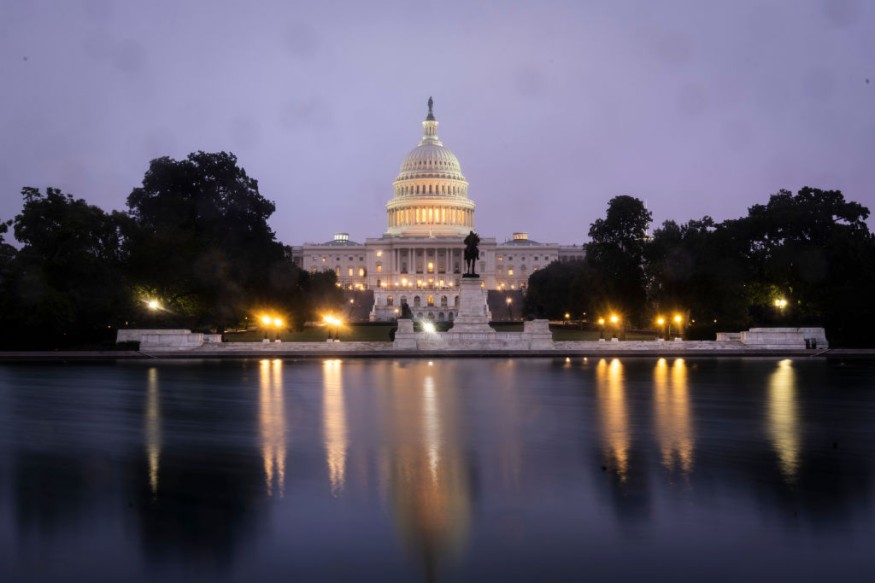Social Security Payments Could Be Disrupted: Here's Why

The U.S. debt ceiling prompted the Treasury Department to start imposing "extraordinary measures" on Thursday. The amount of money the government can borrow now stands at $31.4 trillion.
Treasury Secretary Janet Yellen noted in a letter to lawmakers that the extent of the extraordinary measures implemented "is subject to considerable uncertainty," as reported by USA Today.
Some of the measures that the Treasury Department is currently employing include suspending new investments and cashing in previous investments in the Civil Service Retirement and Disability Fund and the Postal Service Retiree Health Benefits Fund.
Aside from the aforementioned investments, the U.S. debt limit could also affect Social Security payments as some Republican lawmakers have implied that they will not raise the debt limit unless it reaches a point where there would be a Social Security funding cut.
There could be a lapse in the $90 billion monthly Social Security payments made to 65 million recipients, according to National Committee to Preserve Social Security and Medicare.
Social Security Payments and U.S. Debt Ceiling
In the same letter, Yellen warned the lawmakers that there could be possible "irreparable harm" that could come to the U.S. economy.
Dan Adcock, director of government relations and policy of the Social Security and Medicare national committee, said that Social Security and Medicare may not continue to flow.
He added that there would be a good chance that benefits for retirees and people with disabilities and survivors "would be disrupted."
The National Committee to Preserve Social Security and Medicare said in a statement that even a short delay could interfere with the beneficiaries' ability to pay for health care, food, rent, and other necessary expenses.
Chief economist at the Bipartisan Policy Center, Jason Fichtner, believes that Treasury Department may be able to prioritize some payments, including Social Security.
However, he noted that the SSA could delay the payments to ensure that the agency has enough cash on hand.
In addition, Medicare payments may fluctuate while federal employee salaries and food benefits, such as the Supplemental Nutrition Assistance Program, or SNAP benefits, may stop.
White House press secretary Karine Jean-Pierre also noted that President Joe Biden stated that Congress must deal with the deal limit without conditions.
U.S. Debt Ceiling
The recent debt limit breach is a result of tax cuts and increased government spending by both Republicans and Democrats for decades, as reported by The New York Times.
The debt ceiling is a cap on the total amount of money that the federal government is allowed to borrow through the U.S. Treasury securities to fulfill financial obligations.
House Republicans promised that they will not raise the borrowing limit unless Biden agrees to steep cuts in federal spending.
Biden has expressed that there will be no negotiations for a debt-limit increase.
The president has argued that Congress should be able to raise the debt limit without strings attached to cover spending that previous Congress authorized.
This article is owned by Latin Post.
Written by: Mary Webber
WATCH: What is the US debt limit? - from ABC News
Subscribe to Latin Post!
Sign up for our free newsletter for the Latest coverage!
© 2025 Latin Post. All rights reserved. Do not reproduce without permission.














